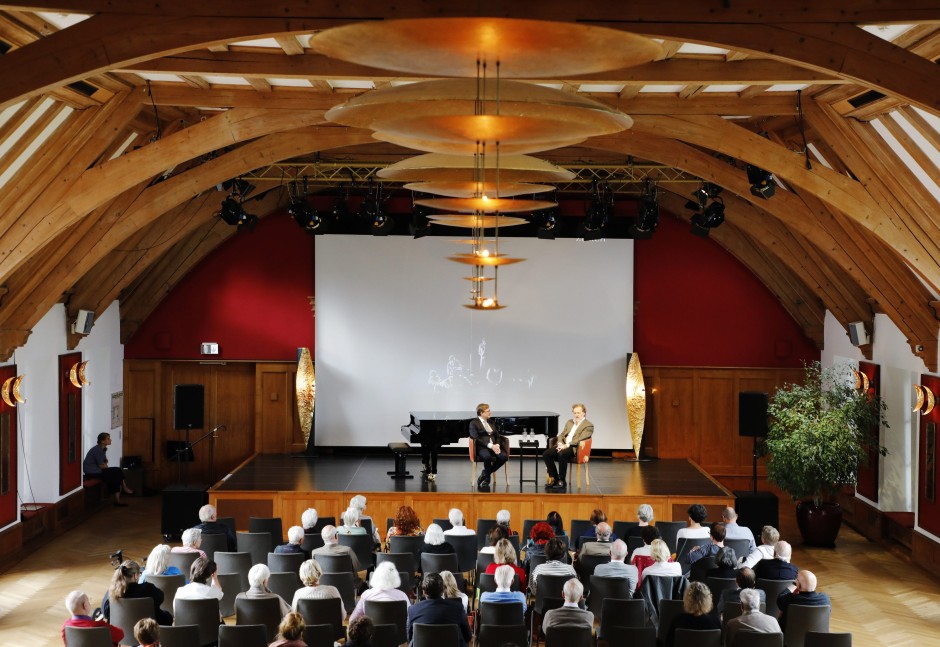Horse Science: Hü and hott
Ronja Engel always wanted to be involved with horses. She got her first riding lessons at the age of eight. And at the age of 24, she decided to do a master’s degree in horse science at the University of Göttingen. “But it’s not just horse girls in such a course,” she says. The lessons do not consist of riding and petting horses. Instead, there are four semesters of normal lectures. And although on the one hand they are somewhat limited in terms of subject matter, because horse science is only about horses, the specialization opens up quite a wide range of topics. You could probably extend the course to more than two years, says Engel. Because it’s about everything that has to do with horses.
The University of Veterinary Medicine Hanover and the German Equestrian Association are also involved in the subject. The material includes, among other things, the anatomy of the animals, training aspects in equestrian sport, species-appropriate husbandry and breeding, but also the management of a business. Some of Ronja Engel’s two dozen fellow students come from farms and agricultural sciences. But not yourself. She got her bachelor’s degree in nutrition science. “It was a little different for me,” she says. After all, it’s not about horses. But in retrospect, the combination fits quite well. Feeding horses is a science in itself.
After graduating, the 25-year-old might work in the animal feed industry. Or manage a farm. For her, her master’s degree was also an alternative to training as a horse manager. Engel wants to work with horses, but also learn to understand their needs from a research perspective. And so “ensure a better horse world”. The fact that even in the equestrian scene almost no one knows her course has made her unsure for a while. If you are asked every time what you are doing and what you get from it, you ask yourself what you can really do with it. “But the topic is definitely my thing,” she says. And the fact that only a few do the Masters also has advantages. Engel knows lectures with hundreds of students in the room from her bachelor’s degree. Now, depending on the module, there may only be five in the lecture hall. You have to work in a completely different way – and you are much more motivated to pay attention from start to finish.
Puppet theater: the pleasure of playing
Puppet theater is not only a children’s program and Augsburger Puppenkiste. But although most students should know Urmel and Jim Knopf from their childhood, hardly anyone has it in mind when choosing a subject that you can study puppet theater. Rafi Martin also initially studied anthropology and sociology in Paris and Novosibirsk. “But I had to read so much and write so much, and it was just super boring,” he says. A friend went to an art school after studying anthropology, says Martin. The two saw a puppet theater play together, and everything started rolling. Martin no longer wanted to only talk about the topics that were on his mind. So he moved from France to Germany and did his bachelor’s degree in puppet theater at the State University of Music and Performing Arts in Stuttgart.
In eight semesters, around six students per year learn the craft of animation here. In addition to puppet theater, this also includes object theater and material theater. Because – as the university advertises its course in artistically surprising video clips – everything is material. Of course, that doesn’t make the subject very accessible. Even Martin cannot say exactly where the boundaries to the theater without the characters in the name lie. But that doesn’t matter. “I feel totally inspired by working unclear and without a frame,” says the 32-year-old. Just as the framework is not clearly defined when working in a puppet theater, it is also not clearly defined when studying. That’s why the timetable, which stretches over the whole day, includes everything else that you could need for the theater, in addition to building figures in the workshop.















